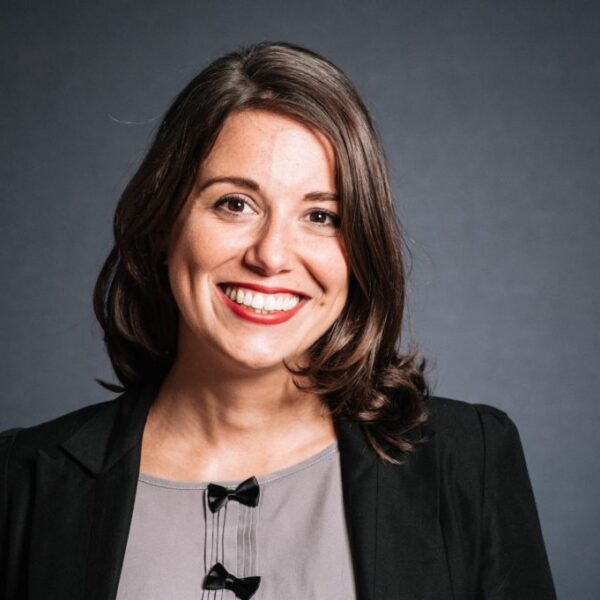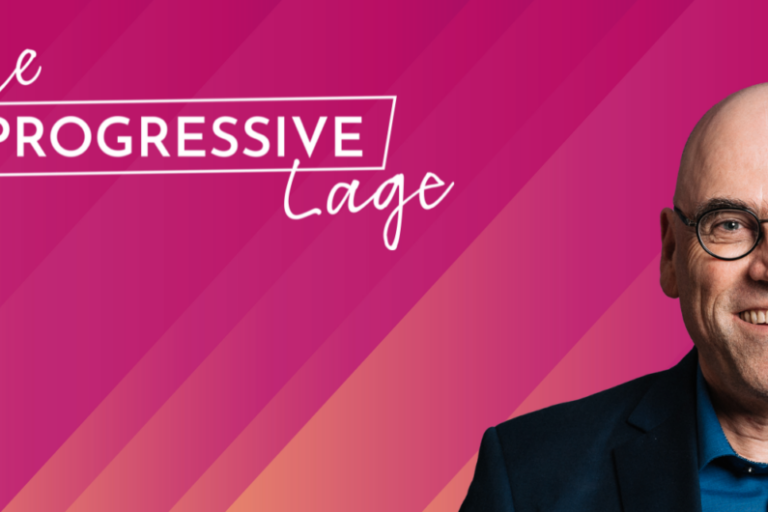Has the Visegrad Group turned into a unified alliance of enemies to EU integration and refugees? Not according to the experts at our roundtable. Some of them even fear a potential implosion of the group.
The Visegrad Group or the Visegrad Four (V4) – an informal political alliance between Poland, Hungary, Slovakia and Czechia – has risen to dubious prominence in recent years for its tough stance on refugees, exemplified, in particular, through the unified opposition of all V4 countries to the EU-mandated relocation scheme for asylum seekers.
At the same time, the Polish and Hungarian government have cast an increasingly negative light on the V4 through their open resistance, both in discourse and practice, to some of the values and principles that lie at the very heart of liberal democracy, such as the rule of law, equality, and the rights of minorities. Justified or not, the V4’s restrictive stance when it comes to refugees paired with the overtly hostile attitude displayed by some V4 states towards western democratic values have come to forge an image of the Visegrad Group as bulwark of intolerance and illiberalism.
Yet, reducing the V4 to its anti-immigrant stance or the reactionary positions assumed by some of its constituent governments does not do justice to the rich variety of interests that characterizes this coalition. Indeed, the diversity of interests and concerns within the V4 are of such a nature that the future shape – and even the survival – of the V4 as informal institutional framework for inter-state cooperation cannot be taken for granted. Against this background two crucial questions as to the future of the V4 arise: How may diverging tendencies within the V4 impact on the group’s internal cohesion? And, more importantly, how will such changing internal dynamics within the V4 impinge upon the future of the EU as a whole?
Expert Meeting on the Visegrad Group
Against this background, Das Progressive Zentrum hosted an international roundtable in Berlin on 9 October 2017 as part of the project „Future Scenarios for the Visegrad Group“ – a project launched in cooperation with the Brussels-based Foundation for European Progressive Studies (FEPS). The declared aim of the first expert meeting on the V4 was to come to a better understanding of the interests of each of the Visegrad group states so as to draw conclusions therefrom as to the internal cohesion of the Visegrad Group as well as the possible future role of this alliance within the EU.
For these purposes, the roundtable featured, amongst others, the following high-profile speakers from academia, politics and civil-society: Dr. Agnieszka Łada, Director of the European Programme at the Institute of Public Affairs from Warsaw; Tamás Boros, Co-Director at Policy Solutions in Budapest; Dr. Tereza Novotná, Senior Associate Research Fellow at EUROPEUM – a renowned Czech think tank as well as FNRS Postdoctoral Researcher at the Université libre de Bruxelles, and Radovan Geist, Publisher of EurActiv.sk.
Comments were delivered by Prof. Dr. Tanja Börzel, Research Director at the Center for European Integration, Chair for European Integration at the Free University Berlin and Dr. Ania Skrzypek, Senior Research Fellow, Foundation for European Progressive Studies. The event was opened by brief introduction by Dietmar Nietan, MP, who is a member of the Committee on the Affairs of the European Union and contributes to the work of the Committee on Foreign Affairs in the German Bundestag.
Regional Cooperation between EU Member States: An Opportunity for Advancing European Integration
As a point of departure for the ensuing debate it was highlighted, first of all, that regional cooperation among EU Member States, such as that practiced among the V4 partners, should not be condemned per se, but, on the contrary, holds great potential to spill over into constructive collaborative efforts at the supranational level. Emblematic in this respect is the Franco-German friendship which has and will remain – for the foreseeable future at least – key to furthering the ideals of EU integration.
For intergovernmental initiatives like the V4 to be considered beneficial from the perspective of the Union they obviously need to respect its fundamental principles, objectives and laws. Indeed, if this requirement is met, there is no a priori strong reason why one should oppose inter se cooperation between a group of Member States within the EU.
In this context, the panelists were eager to emphasize that one of the reasons for which the Visegrad Group has been established in the first place in 1991, lay in the desire of the V4 countries to further their mutual objective of acceding to the European Union. This clearly shows that the western image of the V4 as a bunch of countries rejecting the European Union and the values of liberal democracy associated with it, is not very representative, at least historically speaking.
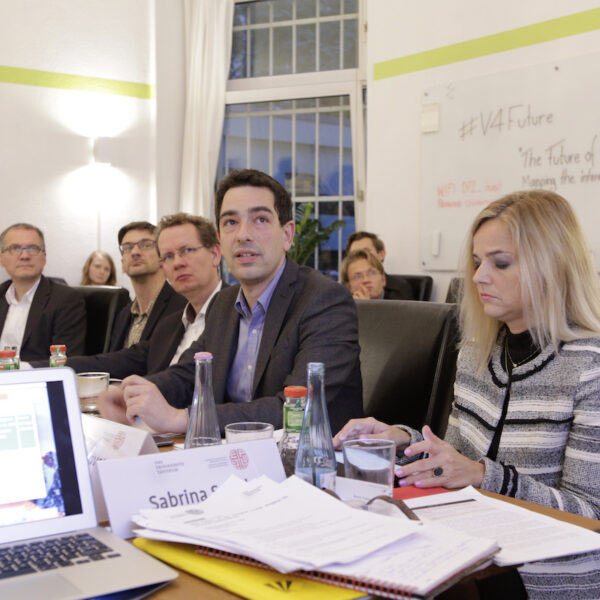
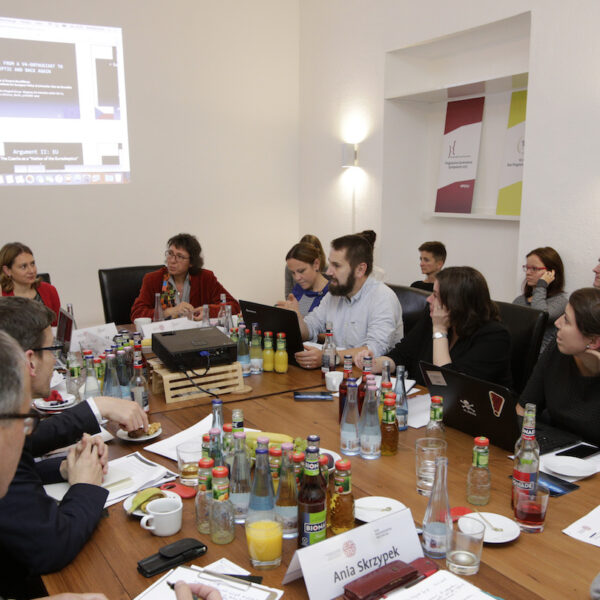
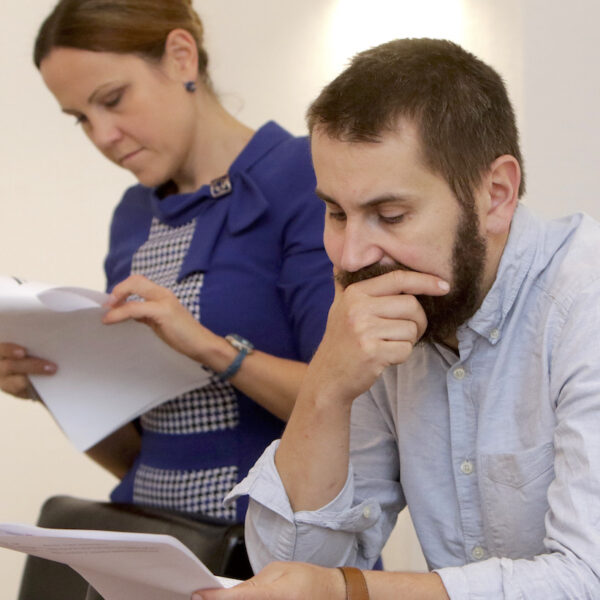
Is there Room for a Pro-European Governmental Agenda within the V4?
At the same time, the discussion made it clear, that one has to be cautioned against drawing general conclusions as to the nature of the V4 merely by virtue of statements and practices by some of its member countries. After all, just because Poland and Hungary appear, for the time being, to be critical of EU integration and the ideals of liberal democracy, this does not automatically entail that the same holds true for Slovakia and the Czech Republic.
The debate revealed that the V4 rarely speaks with one voice and its constituent governments differ on many matters, including on issues as fundamental as the nature and extent of relations with the EU, the US and Russia. On this note, it was stressed by some participants that the Slovakian and Czech government for their part are far removed from being as openly Eurosceptic as their Polish or Hungarian counterparts. This, in turn, opens up spaces for the Slovak and Czech government to become proactive and to push for a revitalization of the V4’s originally pro-European agenda.
The panelists were not in agreement, however, whether Slovakia and the Czech Republic should pursue such a pro-EU strategy at any cost. Indeed, inasmuch as this can cause already existing frictions and clashes within the V4 to intensify, it might ultimately result in the V4’s demise. The repercussions of such a breakup on the Visegrad Group, and beyond, are virtually impossible to predict. Yet, what seems certain, is that such development would entail significant risks for the EU: After all, without the V4, the Union would be deprived of one important, if not the most important tool for moderating Poland’s and Hungary’s drift away from the European political mainstream.
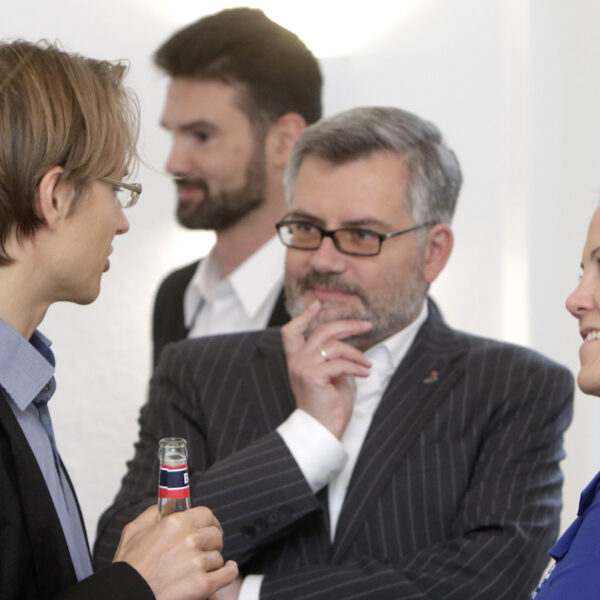
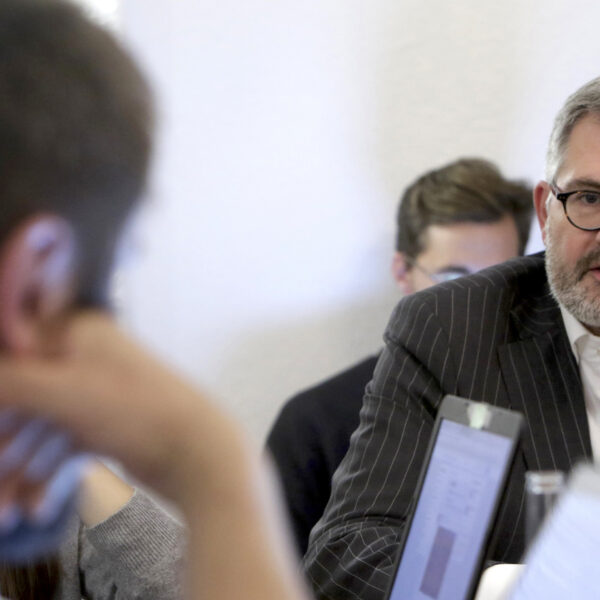
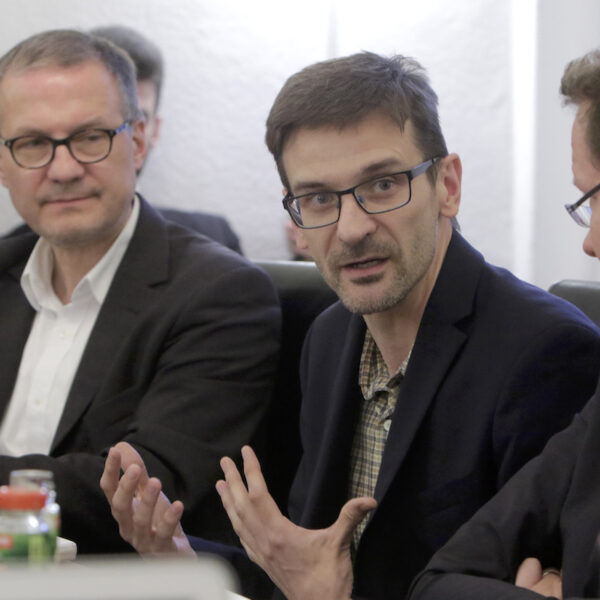
Can Civil Society Actors become “Game Changers”?
In the course of the discussion it was noted that in addition to disparate governmental views on some fundamental issues, also public opinion within the V4 diverges substantially. Hence, whereas public opinion in Czechia as well as Hungary is overwhelmingly sceptic of European integration, the great majority of Poles and Slovaks are generally sympathetic towards the EU.
Against this backdrop, there was broad agreement amongst the panelists, that the generally pro-European attitude of the Polish and Slovakian public may offer a window of opportunity for progressive civil society actors in and around those countries, to join forces and help translate these Euro-enthusiastic societal views into a more constructive and positive EU agenda of the Polish and Slovakian government.
However, the discussants were wary of being overly optimistic of the transformative powers of some pro-European civil society protagonists within the V4 states: Indeed, although both the Polish and Slovak society generally lean towards the EU, progressive civic actors in these countries currently lack the political support as well as the financial resources, necessary for capitalizing on this Europhile public sentiment.
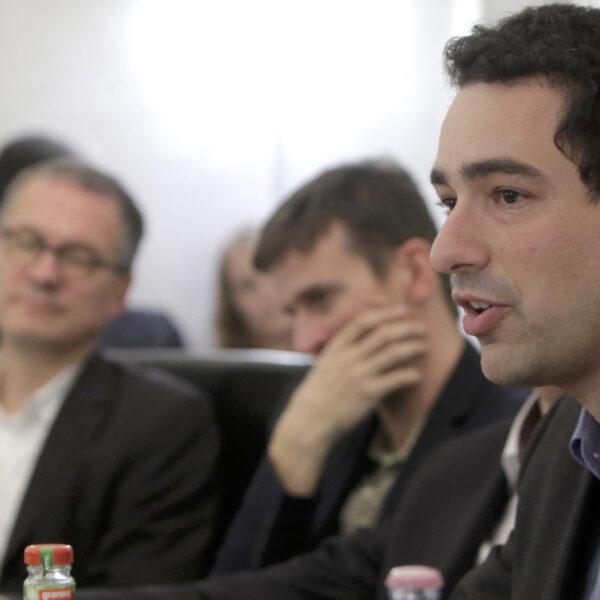
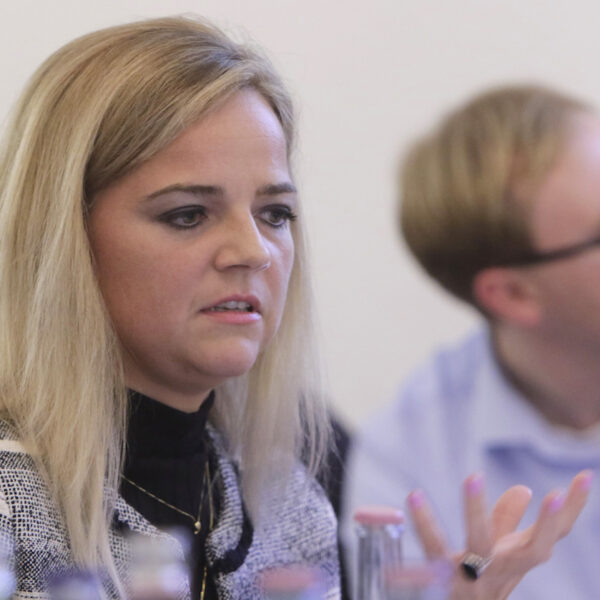
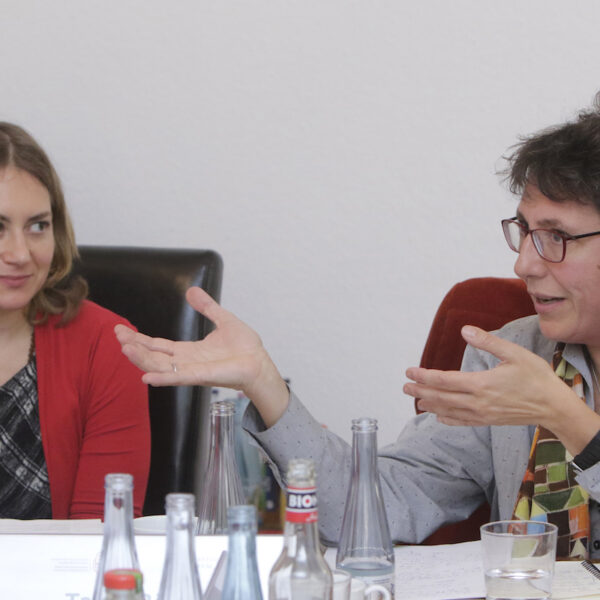
The Future of the V4 and the Current State of the Union
The roundtable was concluded by some general remarks on the lessons learned from the very fruitful and lively debate. Thereby, the striking differences of interest within the V4 were highlighted: each of the Visegrad states has a vision of its own when it comes to the V4.
Another important issue was the clear dividing line that pervades the V4: On the one hand, governments which, by and large, associate with the EU and the liberal vision of democracy that comes with it and, on other hand, governments which are critical, even opposed, to the liberal foundations of the western democratic model and the EU altogether.
Finally, the discussion on the future of the V4 was linked to the current state of the Union: The uncertainty surrounding the future of the V4 both in terms of internal cohesion and EU-affiliation constitutes merely one among many pressing challenges that threaten to undermine the prospects for further EU integration these days.
It remains to be seen how the V4 will evolve over the course of the next years. Will it revive its initial role as a champion of EU integration? Or will tensions within the group intensify leading to the gradual dissolution of the V4? These are questions certainly worth speculating on. Yet, only time will be able to tell what lies ahead of the V4.


